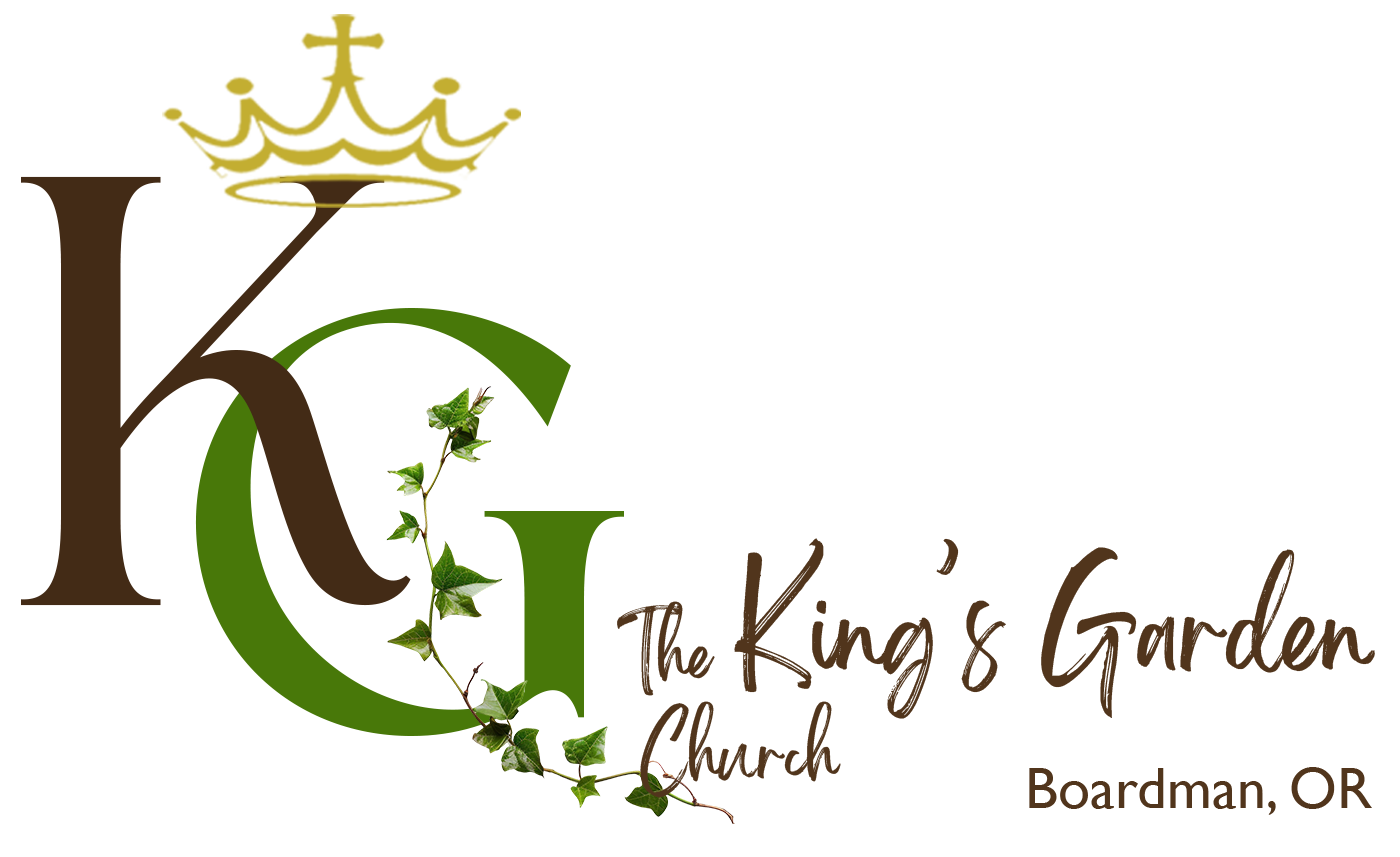The Trinity in Scripture
Most people are comfortable with the idea of seeing God as three persons in the New Testament. But we should also understand that the Old Testament is also comfortable with the concept of God as three.
In this lesson we are going to look at the indicators in the Bible that God was viewed as a trinity, even though the word itself is not used.
There is substantial evidence that God is identified in the plural form. In other words, when God is referenced a number of times, the correct translation would be “Us” rather than “He.”
The best known case of this is in Genesis 1:26 – “Then God said, ‘Let us make man in our image, after our likeness.’”
 While some have argued that the “us” here is in reference to other beings in heaven (spiritual beings), the “our image” is clearly referencing God. There is no sense here that God is saying that they should make man in the image of himself and the angels. The verse and statements elsewhere argue that we are made in the image of God. So, the “our” in this verse implies a complexity to God’s nature that fits into the idea of a triune God.
While some have argued that the “us” here is in reference to other beings in heaven (spiritual beings), the “our image” is clearly referencing God. There is no sense here that God is saying that they should make man in the image of himself and the angels. The verse and statements elsewhere argue that we are made in the image of God. So, the “our” in this verse implies a complexity to God’s nature that fits into the idea of a triune God.
The opening verses of the creation story have an interesting trinitarian ring to them. The second verse describes the spirit of God hovering over the waters. This is the ruach elohim. Also, the verses are written as if someone is speaking these instructions out. Creation is spoken into existence. This would be the “Word” of God, that John identifies in the opening chapter of his gospel as the logos, who he then clearly identifies as Jesus.
In Ecclesiastes 12:1 it is written “remember your Creators.” The Hebrew is a masculine plural noun. In Psalm 149:2 it says: “Let Israel be glad in his Maker;” but the Hebrew is actually a plural noun as well – Let Israel be glad in his Makers.
You can see more examples in this Hebrew For Christians article.
Perhaps the clearest statement of God as a plurality of persons is in the references to the Angel of Yahweh. This angel is seen on the one hand as identified with Jehovah, and on the other hand as distinguished from Him. We can find such references in Genesis 16:7-13; 18:1-21; 19:1-28; Malachi 3:1; and also in passages in which the Word or Wisdom of God is personified like Psalm 33:4, 6; Proverbs 8:12-31. Look at Psalm 33:6 – “By the word of the Lord the heavens were made, and by the breath of his mouth all their host.” The impression given is that more than one person makes up the creative workings of God.
Look at these verses:
Isaiah 48:16 – Draw near to me, hear this: from the beginning I have not spoken in secret, from the time it came to be I have been there. And now the Lord God has sent me, and his Spirit.
Isaiah 61:1 – The Spirit of the Lord God is upon me, because the Lord has anointed me to bring good news to the poor; he has sent me to bind up the brokenhearted, to proclaim liberty to the captives, and the opening of the prison to those who are bound;[b]
and
Isaiah 63:9 – In all their affliction he was afflicted, and the angel of his presence saved them; in his love and in his pity he redeemed them; he lifted them up and carried them all the days of old.
In these verses either God the Father is the speaker mentioning the Messiah and the Spirit, or the Messiah is the speaker who mentions both God the Father and the Spirit.
In the New Testament, Jesus as the Son of God takes over the role of redeemer and savior that was understood in the Old Testament to be the role of Jehovah. This can be seen in such verses as Matthew 1:21; Luke 1:76-79; 2:17; John 4:42; Acts 5:3; Galatians 3:13; 4:5; Philippians 3:30; and, Titus 2:13,14.
Also, we find in the New Testament we see the role of the Holy Spirit being the one who dwells with the church in the same way that God in the Old Testament dwells among the people. We find this in Acts 2:4, Romans 8:9,11; I Corinthians 3:16; Galatians 4:6; Ephesians 2:22; James 4:5.
Besides the obvious reference to the trinity in Matthew 28 that we started this whole section with are other clear references to the three: I Corinthians 12:4-6; II Corinthians 13:14; and I Peter 1:2.
The last lesson on the trinity will deal with what it means to us that God is one in three. How we should understand God’s nature in terms of purpose and example.

